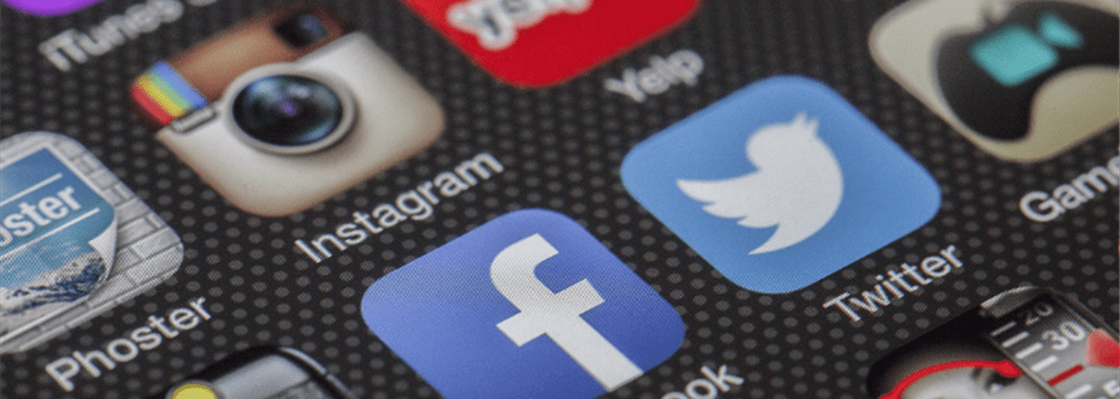Today, on the Dispotech blog, we are going to talk about Covid-19 and the connection between the virus and the numerous comments made about it on social networks. This topic is very close to us and must be investigated further: let's find out why thanks to an article published on news-medical.net.
The posts, comments and misinformation made on social media regarding the topic COVID-19 (and everything that gravitates around it) are more "contagious" than the virus itself: this is a strong statement of an important study conducted by Northwestern University, one of the most prominent universities in the United States.
The Institute for Augmented Intelligence in Medicine at the said university analysed a large number of tweets, published by different users, thanks to Artificial Intelligence (AI) and revealed some serious and alarming data. Basically, the issues raised that should be discussed are:
- people tend to take everything they read on COVID-19 as true: the more they see a tweet/news/post being re-shared the more likely they are convinced that what they read is true (without verifying it);
- the public opinion expressed on social networks is strongly influenced both by scientific publications and by politicians' and/or governments' statements.
Yuan Luo, one of the leaders of the research (published, among others, in the Journal of Medical Internet Research), said that the information, misinformation, and misconceptions published on these platforms were instrumental in shaping public opinion and that international political figures had a significant influence. Hearing an influential politician say that Covid is just an flue or that it's not a problem has a huge impact on people, Luo continues.
The objective of the research, says the scholar, aims precisely to sensitize social network users to pay attention to what they read and share: this should be done in a well informed manner. News about Covid-19 found on the net must have a solid scientific foundation before being shared with other users: misinformation, in this case, is very dangerous. People, therefore, must take responsibility and do some fact-checking before spreading potentially fake news.
By understanding how people are influenced by the information they read on social networks and on-line, scientists can work on methods to ensure the circulation of true, scientifically proven news. But how was the study conducted, in detail? First of all, the study integrated auto-learning algorithms and epidemiological models to analyse the tweets. There were 92,687,660 tweets (posted by 8,967,986 users) in the period from the 6th of January to the 21st of June 2020. The AI model, on the other hand, was trained using 5,000 randomly selected and useful tweets for annotation.
To date, the study is ongoing and, in particular, Luo's team is analysing tweets to understand social network users' feelings toward vaccines made available to the global population.
What do you think about this article? Have your say by contacting Dispotech.


















